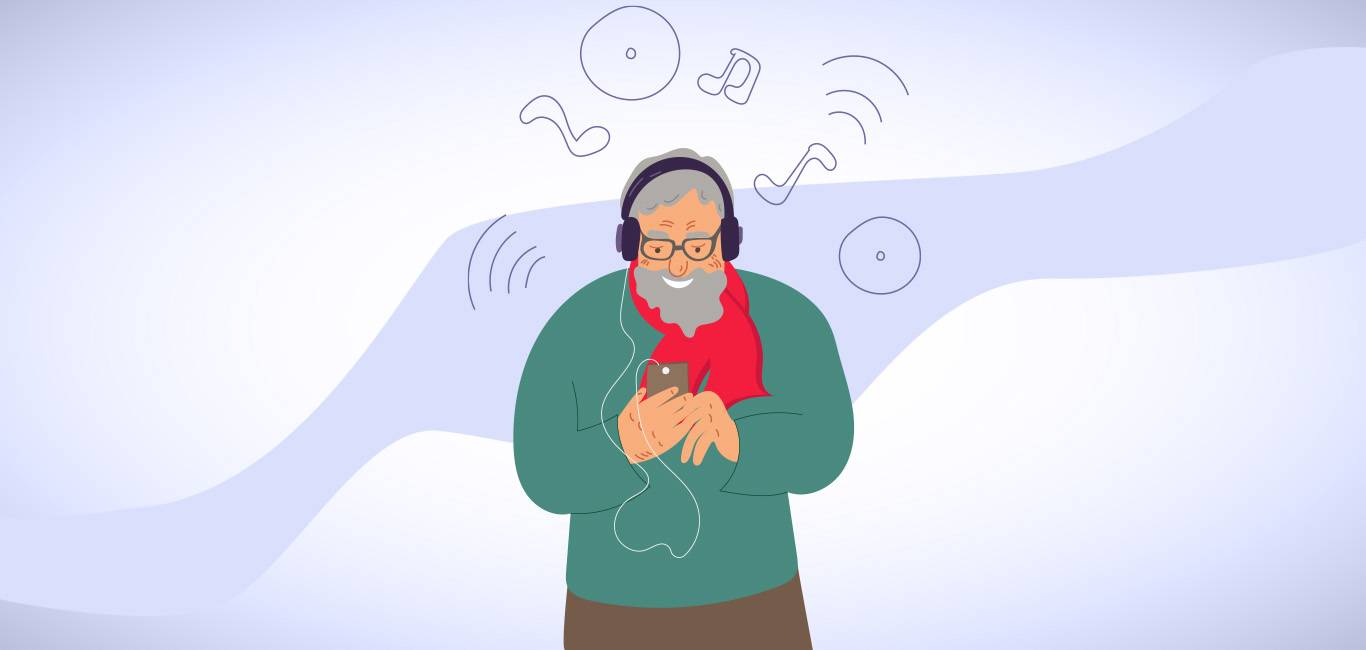
It starts with a tremor and slowly becomes a movement disorder. First documented by James Parkinson in his 1817 essay, “The Shaking Palsy”, Parkinson’s Disease (PD) is a movement disorder characterised by involuntary movements that usually start out in the arms, leading to slow mobility, and muscle stiffness. It is also linked with psychological conditions such as depression, anxiety, insomnia, and memory-related issues.
While the reason for why PD manifests itself remain unknown, it usually presents when the brain loses 60-80% of its dopamine-producing cells in the Substantia Nigra. The link between PD and dopamine-deficiency is reflected in the gold standard of PD treatment: Levodopa, a precursor or inactive form of dopamine.
But like with many medicines, levodopa comes with side effects: Its use often results in a condition called Levodopa-induced dyskinesias (LID), where the person experiences jerky, involuntary movements of the body, uncontrollable, painful muscle spasms, and an inability to remain still, among other motor complications. This can be due to long-term usage – one study found that 50% of those who took levodopa long-term went on to develop dyskinesias. It can also be due to dosage – another study found that the occurrence and severity of LID was proportional to the dose used to treat PD.
Increasing the dosage of levodopa in tandem with disease progression is like dealing with the devil with a double-edged sword. To avoid this, is it possible for those with PD to try gentler therapies to boost the dopamine levels in their system?
Experts say certain behaviours influence reward and pleasure feelings to the brain, boosting dopamine levels. A study shows that reward and pleasure behaviour is proportionally linked to dopamine levels. The study also reveals that rewarding behaviors can not only improve Parkinson’s but also improve other neuropsychiatric illness like depression, drug-addiction, and dysphoria.
“What has been proven, is that any exercise increases the levels of dopamine in the brain, especially cycling or swimming,” says Dr. Sujith Ovallath, neurologist at James Parkinson’s Movement Disorder Research Centre, Kannur Medical College.
Healthy habits to boost dopamine levels naturally
Listening to music
One of the easiest ways to reward your brain is to listen to your favourite tunes. The dopamine reward pathway humans have can be leveraged to boost levels of the neurotransmitter in your brain. A 2000 study published in the Journal of Behavioural Medicine, the official journal of the American Psychosomatic Society, revealed how music can help with cases of Parkinson’s Disease. By acting as a specific stimulus, it helps obtain motor and emotional responses, combining movement and stimulation of different sensory pathways.
In short, music is an emotion. And the more you dance to its grooves, the better you feel.
Yoga
A 2016 study has shown how yogic asanas help reduce the severity of several symptoms of Parkinson’s including dyskinesia and rigidity. It has been revealed that performing yoga increases muscle strength in older patients suffering from the disease.
A 3-month long yoga program also showed increase in muscle strength in older patients suffering from the disease. Significant improvement in upper and lower limb bradykinesia scores were reported among the participants of the study.
Nutrition
One of the amino acids in your body is tyrosine – which is the precursor to catecholamines, which get converted to dopamine via L-Dopa. Tyrosine is found in foods like eggs, soy products, fish, peanuts, avocados, bananas, dairy products like milk and cheese, as well in pumpkin and sesame seeds.
Exercise
“It is said that regular exercise slows down the progression of Parkinson’s,” says Dr Ovallath. “If one regularly does exercise, it is said to improve longevity as well as disease progression itself,” he said.
Various exercise strategies have been found to be very effective in the treatment of PD. In post-tests, studies revealed that power training and yoga significantly improved the physical performance in older persons with PD.
“Exercises like cycling are said to increase the dopamine levels, where the effect lasts for several days, not just hours after the workout,” Dr Ovallath says
“When the dopamine is released from the body itself, it will supplement the oral intake of levodopa, making it possible to take tolerable amounts of the same,” he said.
Other forms of exercise that have been used as complementary therapy for people suffering from PD include Tai Chi, a 6000-year-old martial art. Studies have shown that incorporating Tai Chi into the daily life of a person suffering from Parkinson’s helps them stay physically and functionally active.
Sleep
A large scale study of the non-motor symptoms of Parkinson’s disease showed a massive 64% presenting themselves with sleep issues. Individuals suffering from Parkinson’s Disease are beset with sleep disorders that have a detrimental effect on their quality of life. Symptoms include insomnia, restless-legs syndrome [RLS], periodic limb movement disorder, daytime sleepiness with sleep attacks, and REM-sleep behaviour disorder.
“As much as 45% of the people who suffer from Parkinson’s suffer from depression and anxiety, which contribute to sleeplessness,” said Dr Ovallath. “We tend to address it by using sedative drugs along with antidepressants.”, he said.
Hence, for one suffering from Parkinson’s, it is important to regulate the body’s clock, the circadian rhythm, to have good quality of life, and a decent night’s sleep.
Do’s and Don’ts
According to the Parkinson’s Organisation, United Kingdom, here are some ways one can regulate the body’s clock and get good sleep by following the given steps.
- Avoid stimulants like caffeine or alcohol anywhere between 4 to 6 hours before bedtime. Caffeine is present in coffee, tea, some soft drinks. Caffeine keeps one up for longer at night, and while alcohol brings sleep swiftly, the withdrawal effect can make you restless and keep one up all night.
- Another class of stimulant which you should avoid for a peaceful night’s sleep is nicotine. A sister compound to caffeine, with similar side effects. Avoidance of this can help one get a good night’s sleep.
- Vigorous exercise immediately prior to bedtime hampers sleep quality for one suffering from Parkinson’s Disorder. Avoid rigorous exercise two hours before bedtime.
- Bright light and sound can hamper a peaceful night’s sleep. A way out of this predicament would be to use ear plugs, and sleep in a dark room with enough curtains and blinds to provide peaceful sleep.
- Maintain a regular rhythm of daily activities. The time one goes to sleep, the time the person wakes up, and all the things they do in between. By following a rigorous schedule for all these activities, a generous amount of sleep issues that come with Parkinson’s can be controlled.

















